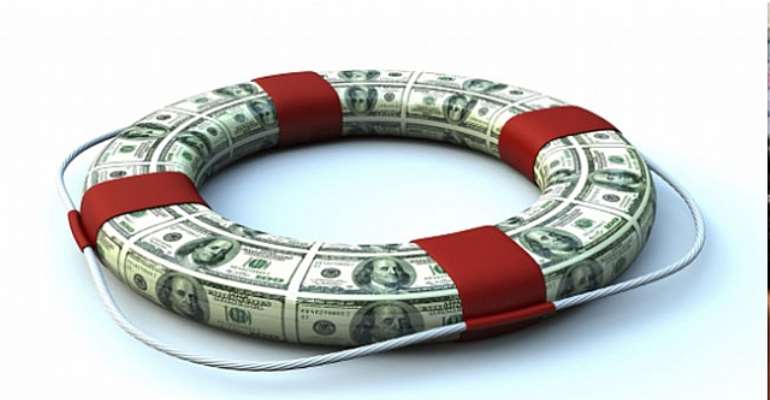7 Money-Saving Myths Explained

There are plenty of myths floating around about best practices for saving money. Some have surfaced more recently; others have been around since your grandparents were young. Wonder no more. Here are seven popular money-saving myths, debunked and explained:
Stop buying your cup of joe at a coffee shop every day.
This is a popular suggestion that many people like to suggest to quickly save some of your income on an 'unneeded' expense. The key is to not deprive yourself so much that you become unhappy or unsatisfied, which might result in overspending elsewhere. If it's easy for you to begin making coffee at home, great but if you do truly enjoy a hot brewed cup made by someone else, don't beat yourself up for it. Find another place in your budget where you can trim costs, and then pat yourself on the back for it.
Carry cash: It will help you save money.
Carrying a certain amount of cash each week to avoid overspending may work for some. However, you're missing out on a few things when you only pay in cash. When you pay with a credit card, it's much easier to track where your money is going, especially through a service like Mint that automatically categorizes your purchases and applies them towards your budget. When you lose a credit or debit card, you can call right away to cancel and avoid theft; when you lose cash, chances are it's gone. Plus, paying with a credit card can mean cash back on purchases and earning points towards perks like travel.
Buying bulk is always better.
Buying bulk at a factory store or taking part in a grocery store deal like '10 for $10″ is certainly tempting. The damage that can come from these offers often happens after you get home, when perishable items spoil too quickly or you end up with too much of an item you rarely use. Rather than taking advantage of these sales and bulk items as you see them, go into a store knowing what non-perishable items you use the most, such as toiletries and cleaning supplies. Buy these in bulk and you will certainly save money over time.
Keep a balance on your credit card to improve your credit score.
This is a popular myth often believed by those looking to keep a good credit score. Maintaining a balance on your account does not affect your credit score; ultimately, what will improve your score is showing that you can manage an account by avoiding late fees and keeping a low ratio of credit-used to credit-available. This leads into the next myth on this list.
Paying credit cards late once in a while is OK.
Unfortunately, this is one myth that isn't true. Even one late payment can affect your credit score and result in costly fees and eventually higher interest rates. Set yourself a monthly reminder or alarm several days before your credit card payment is due, and pay online to make sure it goes through in advance of your due date.
The cheaper item is the smarter purchase.
This is a tricky one that is hard to define for every situation. In some cases, buying a cheaper store brand or unknown brand version is nearly almost identical to its more expensive twin. If you're looking at grocery store items, make sure to compare ingredient lists to verify this is true, and don't sacrifice your health or the quality of your food.
In other cases, the more expensive item might be a smarter investment. If you end up replacing an item on a yearly basis that would have lasted at least five years if you sprung for the more expensive option, chances are you'll pay much more over time.
You can't save money until you make a certain amount.
Once you begin your career, it's easy to think of saving money as something you'll do in the future after you 'really start making money.' On the contrary, getting in the habit early is important no matter how small or insignificant your monthly deposit seems. You might not want to make certain sacrifices in order to save, but try using a rewards system as a motivator for your career. Write a list of perks, such as a movie subscription service or even a new car, and start crossing these off as you climb the ladder and earn more. Just don't forget to increase the amount of money you put away or invest.
Jon Lal is the founder and CEO of coupons and cash back website BeFrugal.com, which saves shoppers an average of $27 per order thanks to coupons plus an average of 7 percent cash back at more than 4,000 stores.
